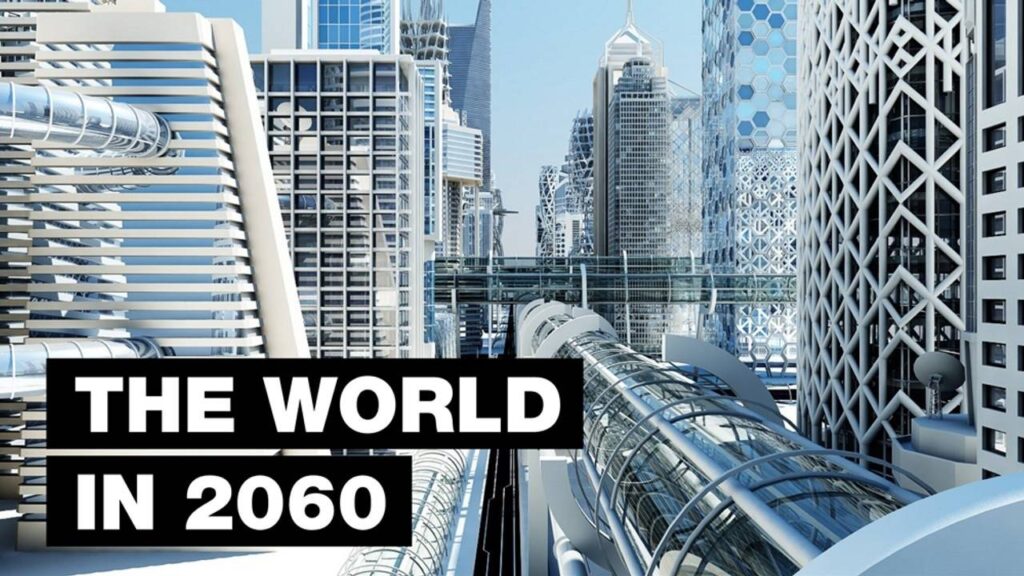Predicting the top 20 future technologies in 2060 is challenging, as it involves forecasting advancements in various fields, from artificial intelligence to biotechnology, and even things we might not have yet imagined. However, I can provide you with a speculative list of 20 technologies that could shape the world in 2060 based on current trends and emerging technologies as of my last knowledge update in September 2021. Keep in mind that these predictions are highly speculative and subject to change as new developments occur:
- Advanced Artificial Intelligence: AI systems that can think, reason, and learn at levels far beyond human capabilities, leading to breakthroughs in various industries.
- Quantum Computing: Massively powerful quantum computers capable of solving complex problems at unprecedented speeds.
- Nanotechnology: Advanced nanomaterials and nanobots for applications in medicine, electronics, and manufacturing.
- Biotechnology: Genetic engineering and synthetic biology tools for personalized medicine, disease eradication, and sustainable agriculture.
- Neurotechnology: Brain-computer interfaces (BCIs) for enhanced human cognition, communication, and controlling devices with thoughts.
- Clean Energy: Highly efficient and sustainable energy sources, such as advanced solar panels, fusion reactors, and improved energy storage.
- Space Exploration: Human colonization of Mars and possibly other celestial bodies, as well as advanced space travel technologies.
- 3D Printing: Ubiquitous use of 3D printing for manufacturing, including personalized products and even food.
- Advanced Robotics: Highly agile and intelligent robots used in various industries, from healthcare to manufacturing.
- Virtual Reality (VR) and Augmented Reality (AR): Immersive and realistic VR and AR experiences for gaming, education, and work.
- Internet of Things (IoT): A fully interconnected world with smart cities, homes, and infrastructure.
- Advanced Transportation: Hyperloop-like high-speed transportation systems and autonomous vehicles dominating roadways.
- Biomedical Innovations: Organ regeneration, anti-aging treatments, and advanced prosthetics.
- Advanced Materials: Stronger, lighter, and more versatile materials for construction and manufacturing.
- Environmental Technologies: Innovative solutions to combat climate change, such as carbon capture and geoengineering.
- Sustainable Agriculture: Vertical farming, lab-grown meat, and AI-driven precision agriculture to address global food challenges.
- Blockchain and Cryptocurrency: Widespread use of blockchain technology in various sectors, with digital currencies playing a significant role in finance.
- Space-based Solar Power: Transmitting solar power collected in space to Earth, providing a constant and renewable energy source.
- Cybersecurity: Highly advanced cybersecurity measures to protect against evolving cyber threats.
- Ethical and Legal Frameworks: Development of new laws and ethical standards to govern emerging technologies and their impact on society.
Please remember that this list is speculative and based on trends as of 2021. Technological advancements are unpredictable and may lead to entirely new and unexpected innovations by 2060. Additionally, ethical, societal, and regulatory considerations will play a crucial role in shaping the adoption and impact of these technologies in the future.

